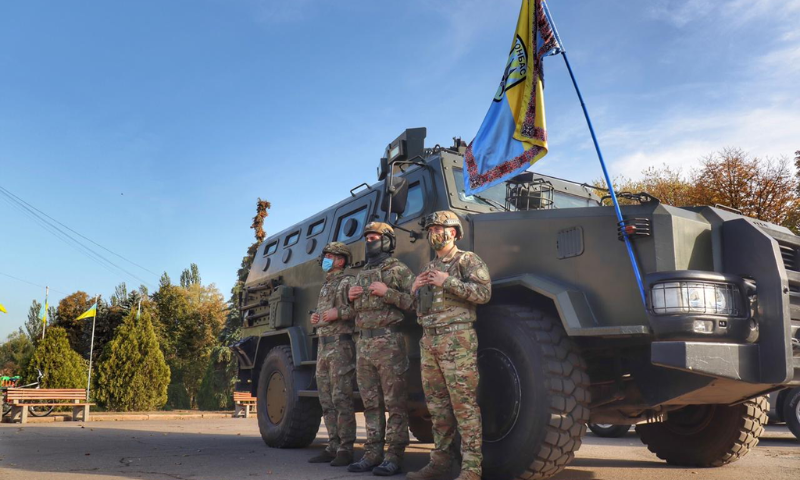George Friedman
Geopolitical Futures, Sept. 13, 2022
“The war is not over, and Ukraine has not won, although recent advances are significant.”
During World War II, one needed to say only “the war” for others to know what was being discussed. We have reached the same point with the Russo-Ukrainian war. This is not what the Russians expected to happen. They expected the war to be over quickly because they regarded their military as self-evidently superior to what the Ukrainians would put on the field. Few nations start a war assuming they will lose. They start wars with the same expectation: Hit hard, and be home for Christmas. But the history of the world is filled with the stories of great armies and warriors fighting long and desperate battles. And the history of warfare is filled with examples of confidence meeting reality.
It is far from clear what the final outcome will be. The initial Russian offensive ended in failure, less because of Ukrainians forces, brave though they might have been, than because of a poorly developed Russian strategy, leading to supply shortages and command failures. The Russians regrouped, focused on more modest advances in the expectation that over time they would break the Ukrainian forces and occupy, if not all of Ukraine, then at least a substantial amount of it.
The Ukrainians didn’t break. Wars are fought by soldiers, but they are also fought with weapons and intelligence. Even brave soldiers would fail without these and other material. This is where the Russians experienced their own intelligence failure. They knew that the U.S. had the capacity to deploy world-class weapons but believed the deployment would take time. So it had to be a short war, and when they failed to gain a quick victory, the Ukrainians were armed with an extraordinary array of state-of-the-art weapons, delivered in expanding type and number, with losses replaced.
The United States bought time for the Ukrainian army to evolve from the light infantry force that started the war into an army resembling, in many ways, a great power. Anti-air systems forced the Russians to exercise caution, anti-armor systems caused them to focus on infantry movement, and American artillery meant the Ukrainians could win artillery duels. Russian President Vladimir Putin on several occasions said that the war was not against Ukraine but against the United States. In a real sense he was right, even though he meant it only as propaganda. …


